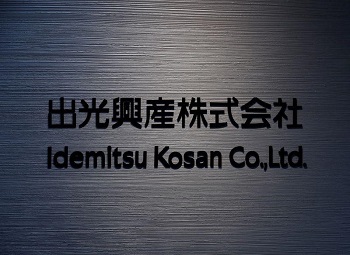The business will utilize technology to compost organic waste in a short period of within ten days

Idemitsu Kosan Co., one of Japan’s leading producers and suppliers of energy, along with its wholly owned subsidiary Idemitsu Americas Holdings Corporation, based in San Jose, California, U.S., and in collaboration with Canadian start-up Anaconda Systems Limited, began a study this month aimed at establishing a large-scale compost production business using organic waste as a raw material.
The business will utilize technology to compost organic waste in a short period of within ten days, aiming for large volume, exceptionally cost competitive waste treatment and compost production.
A wide range of measures for resource recycling are being developed and explored in the food and agricultural fields to support the realization of a low-carbon society, such as the recovery and composting of fertilizer components from food residue and sludge, and carbon dioxide storage through production and dispersion of biochar.
One measure for decarbonization is the expansion of organic farming using organic fertilizer instead of chemical fertilizers, which emit large volumes of greenhouse gases during manufacturing and transport. Especially in Japan, which relies on imports for much of the raw material used in chemical fertilizer production, rising costs for chemical fertilizer materials has a significant impact on food production. Increasing domestic production of organic fertilizer is necessary to both realize a low-carbon society and ensure the stability of food production.
The compost production business being considered by Idemitsu, IAH, and Anaconda will convert organic waste such as food scraps and other food waste, animal and plant residue, and animal manure into stable quality compost in a short period of time. Anaconda’s aerobic digestion3 technology makes it possible to maintain an optimal environment for natural fermentation, and produce compost while minimizing energy consumption, such as electricity required for temperature control.
Going forward, Idemitsu and IAH will pursue the practical application of the composting business in cooperation with local governments, and partner companies that will handle facility operation and maintenance. The project plan calls for building an initial compost plant capable of processing around 200-300 tonnes of organic waste per day, by the latter half of the 2020s.
Subscribe to our newsletter & stay updated.